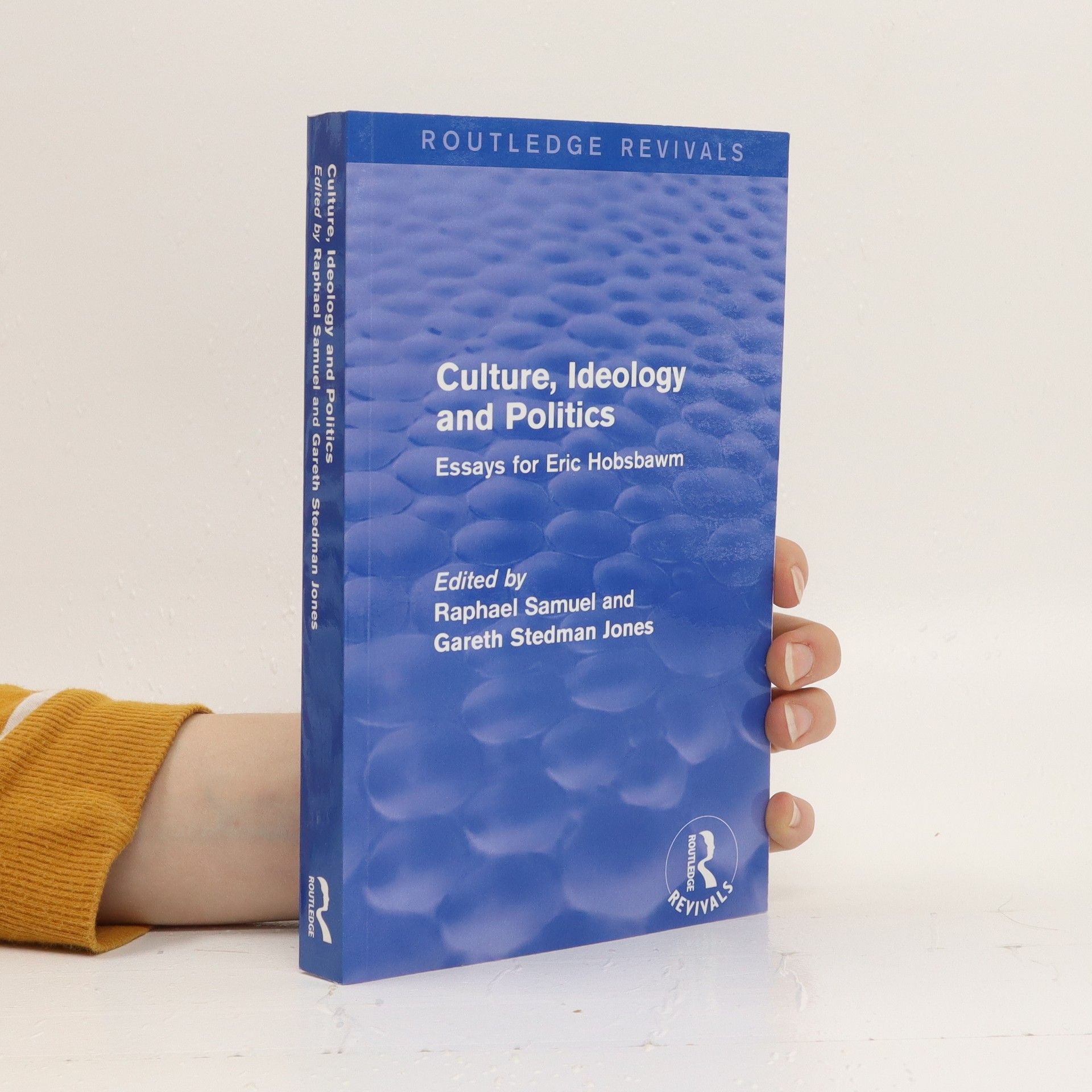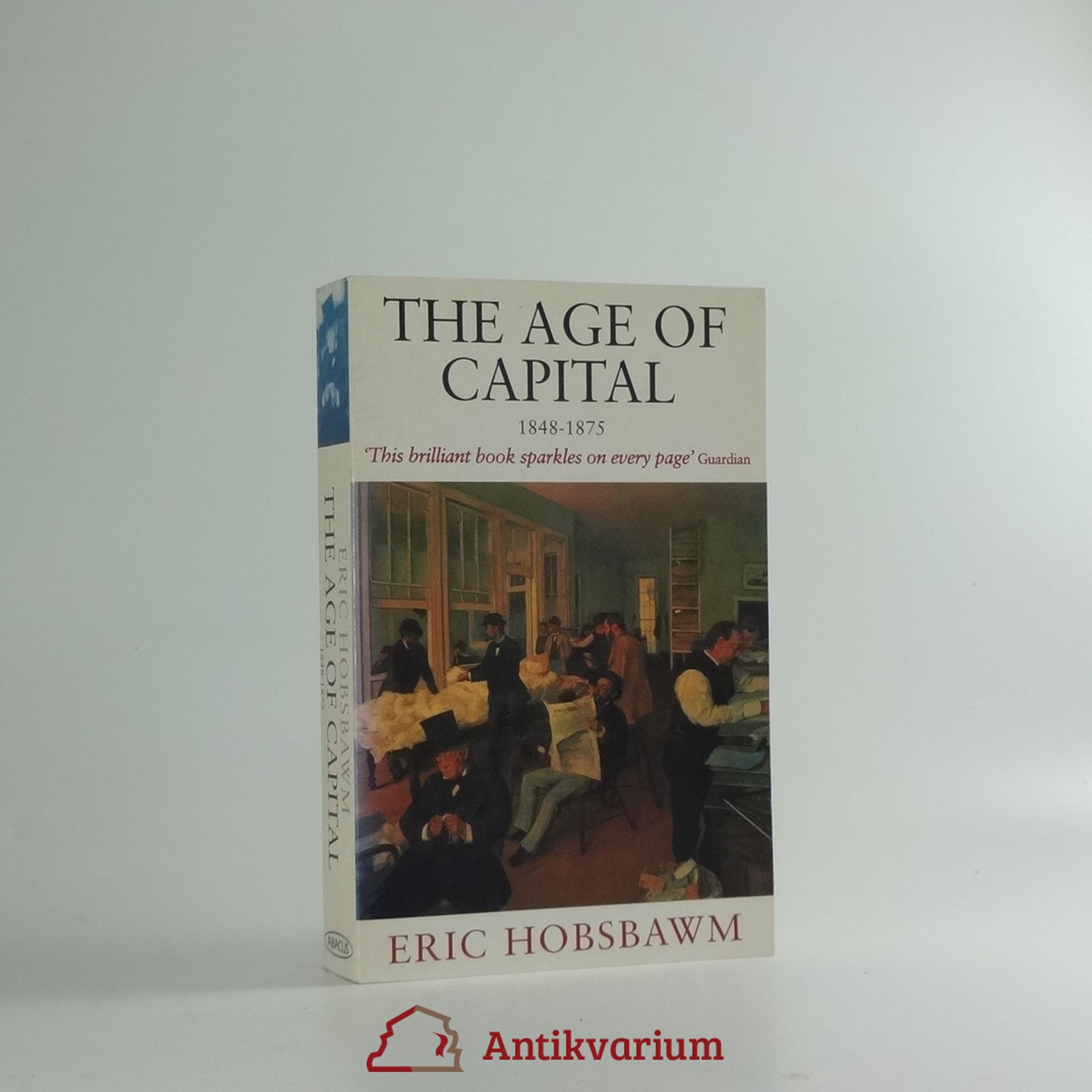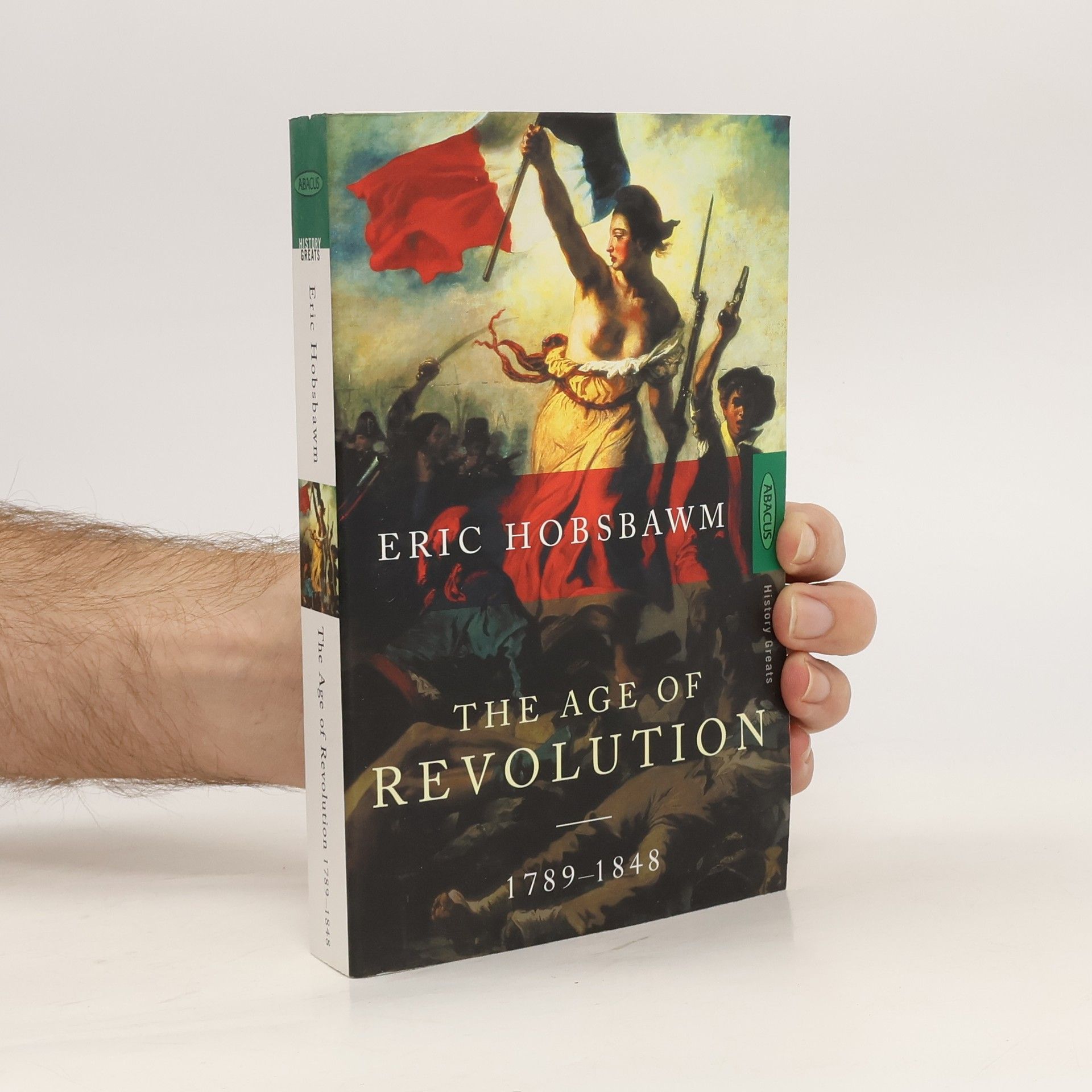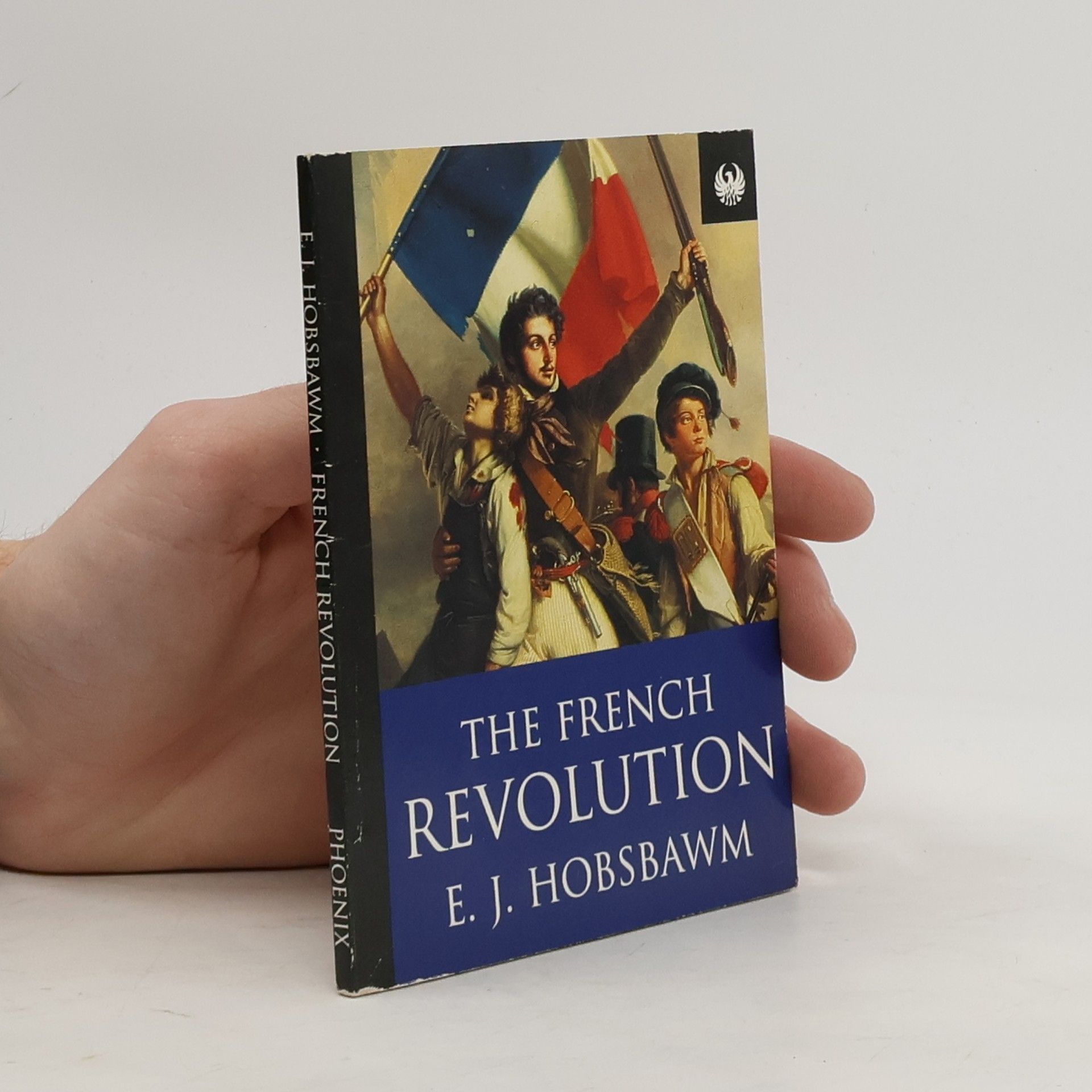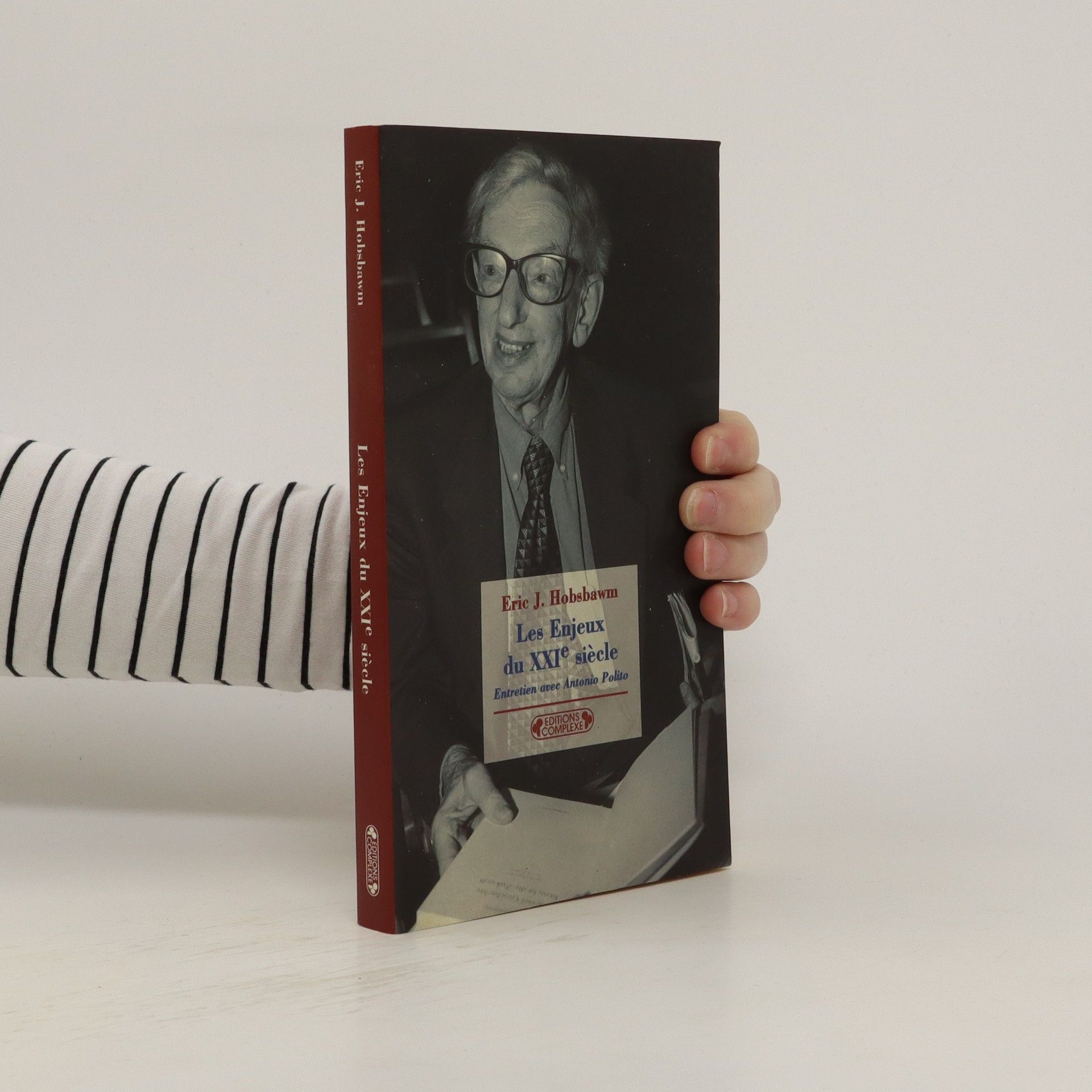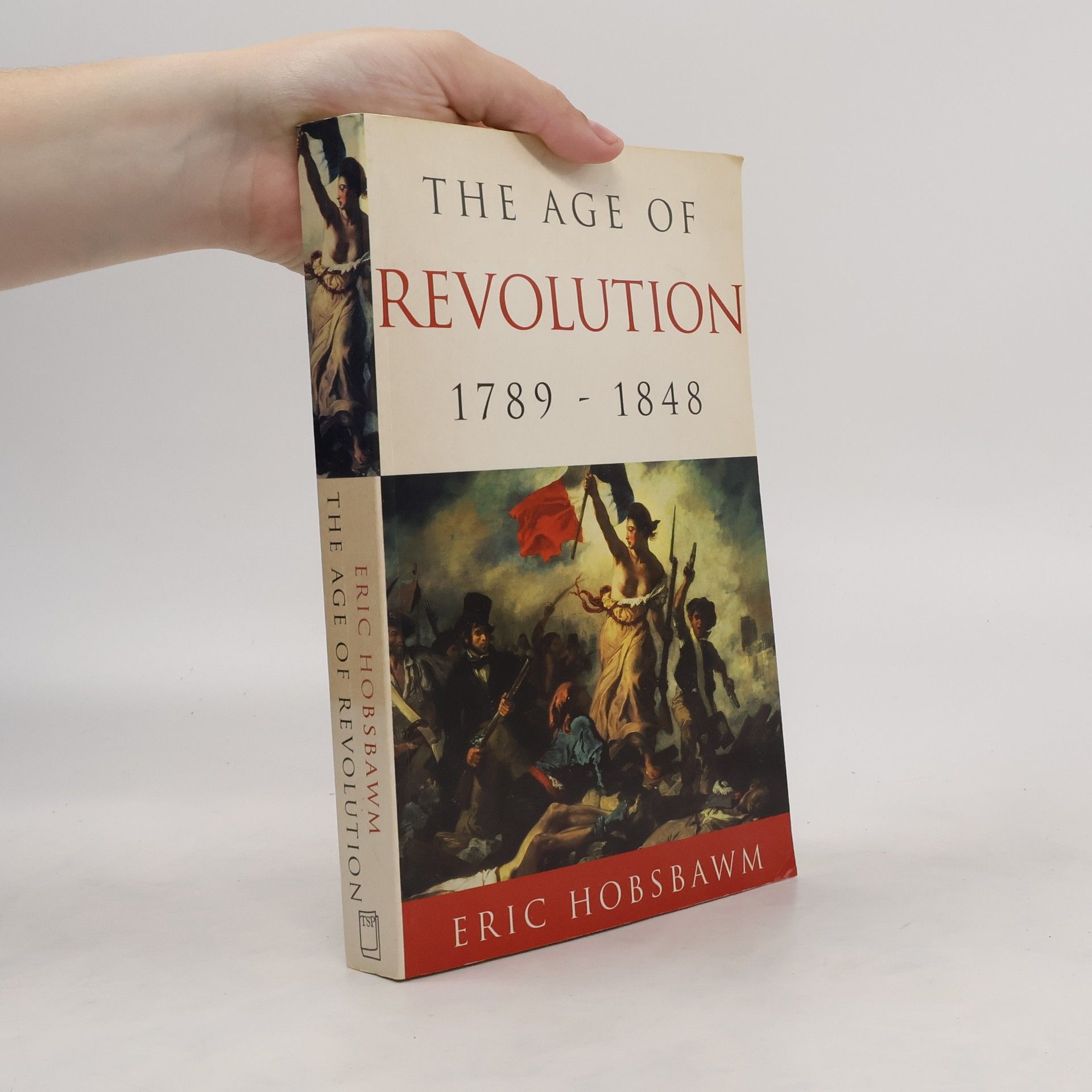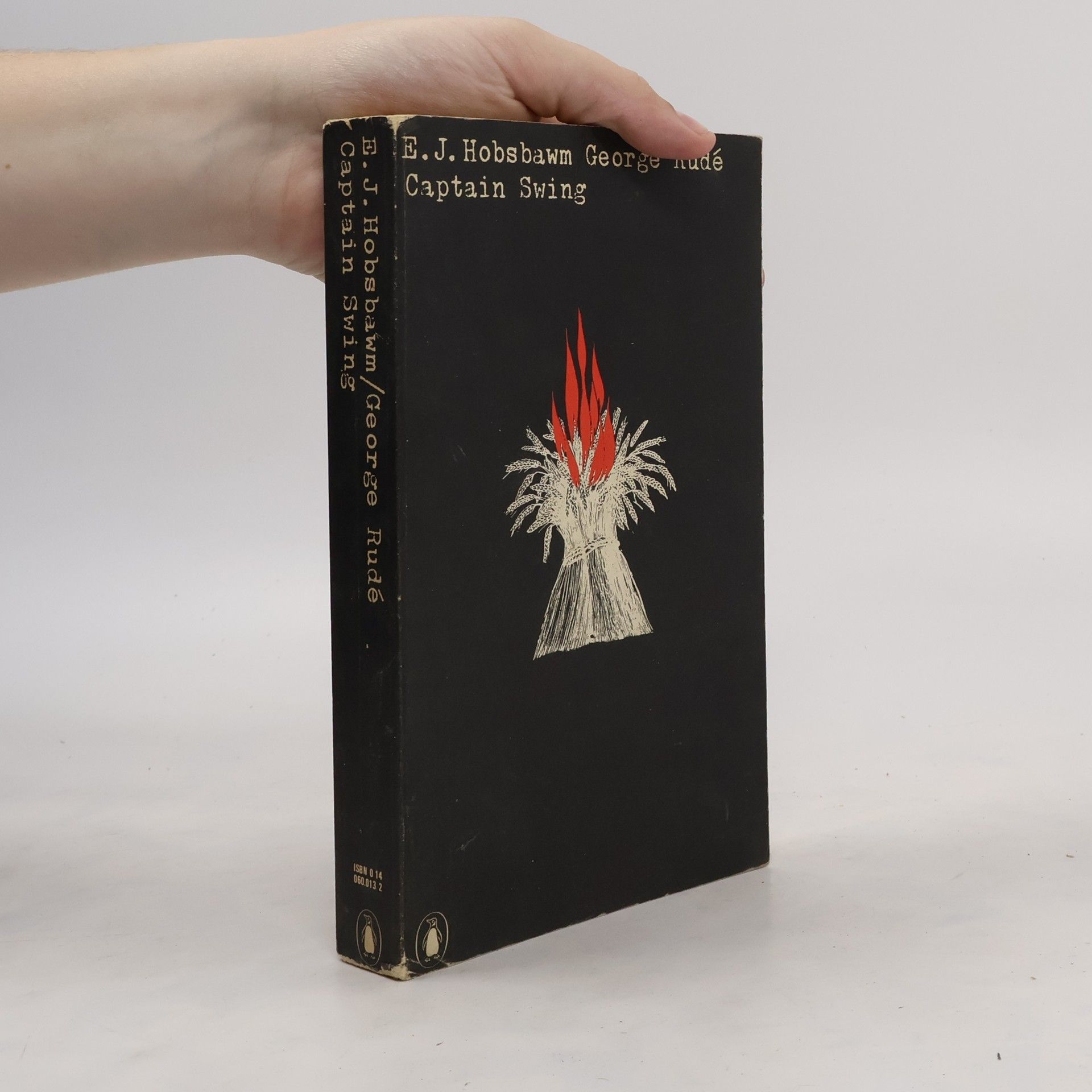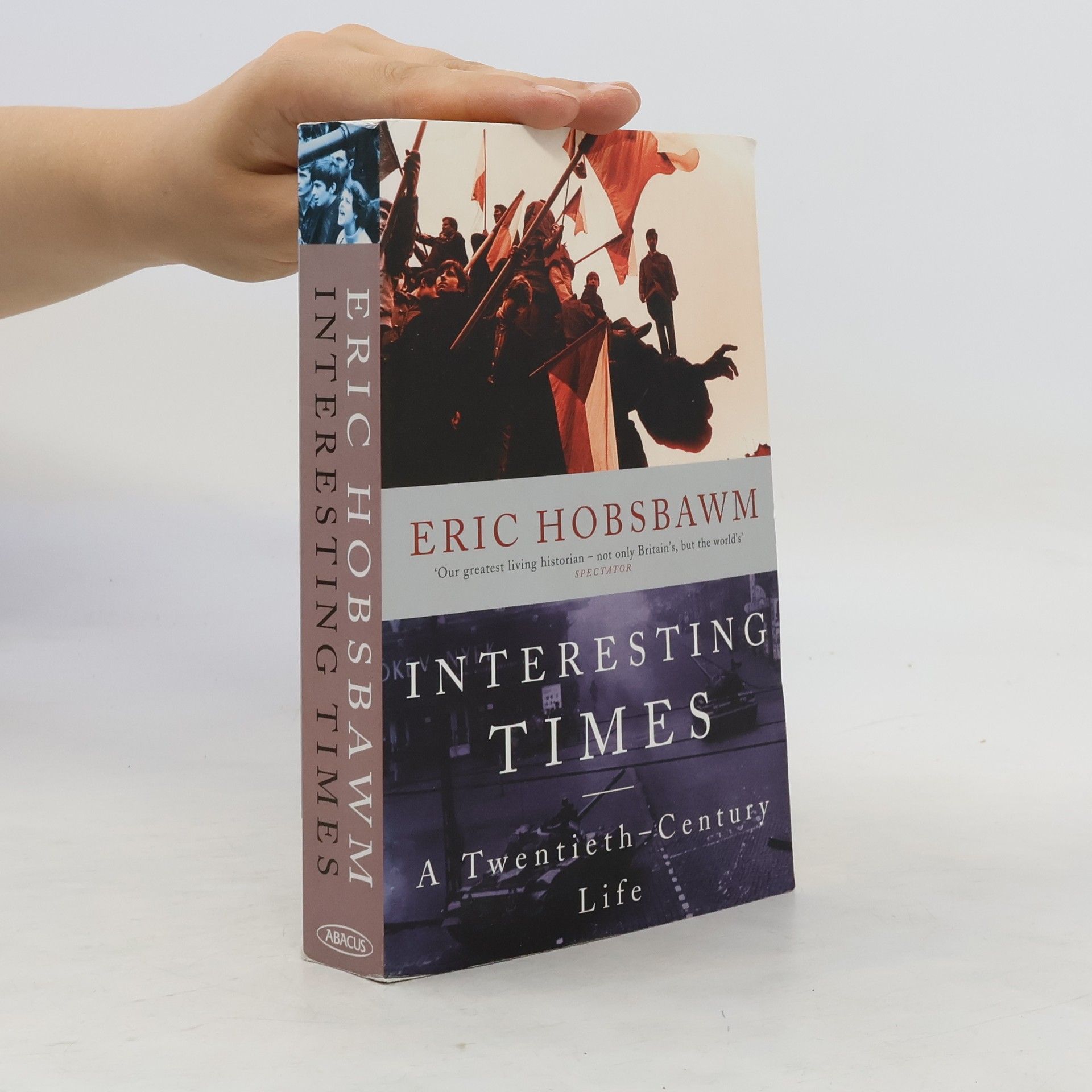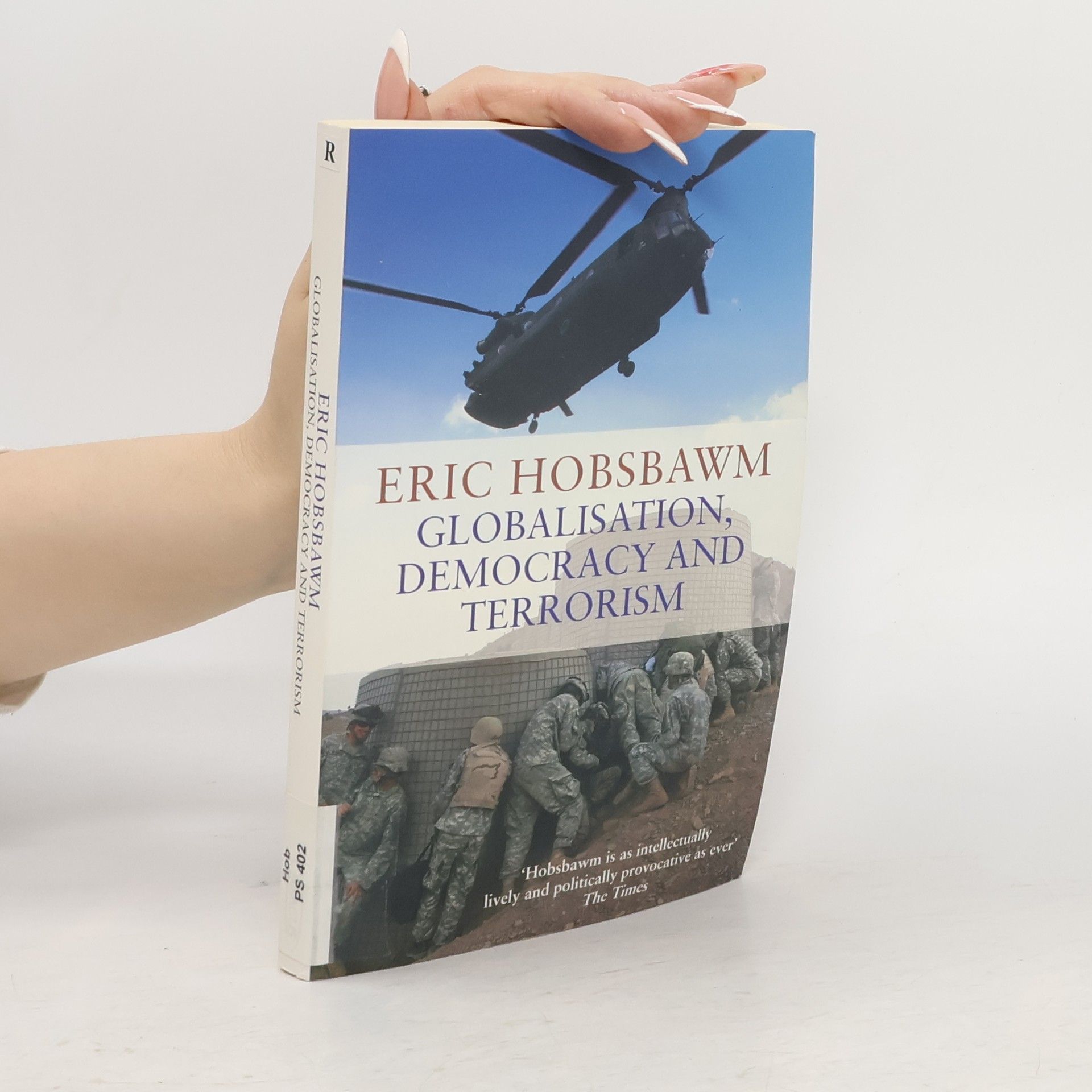Les enjeux du XXIe siècle
- 199pages
- 7 heures de lecture
Entretiens avec l'historien Antonio Polito quant à ses prédictions sur le 21e siècle et un retour sur les questions sur la fin du 20e siècle susceptible de l'influencer: guerre et paix, déclin de l'empire occidental, village planétaire, que reste-t-il de la gauche?, l'homo mundialis, la France, sa culture et ses intellectuels, la date du début du 21e siècle. [SDM].

